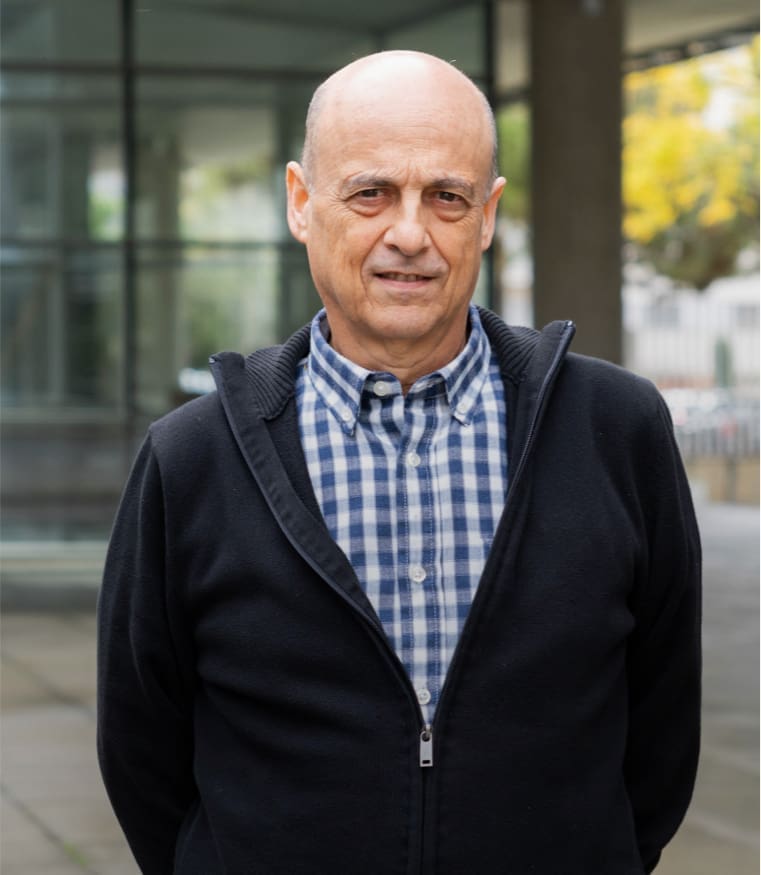Consecutive ligand-based electron transfer in new molecular Cu-based water oxidation catalysts
Water oxidation to dioxygen is one of the key reactions that need to be mastered for the design of practical devices based on water splitting with sunlight. In this context, water oxidation catalysts based on first-row transition metal complexes are highly desirable due to their low cost and their synthetic versatility and tunability through rational ligand design. A new family of dianionic bpy-amidate ligands of general formula H 2 LN n- (LN is [2,2′-bipyridine]-6,6′-dicarboxamide) substituted with phenyl or naphthyl redox non-innocent moieties is described. A detailed electrochemical analysis of [(L4)Cu] 2- (L4 = 4,4′-(([2,2′-bipyridine]-6,6′-dicarbonyl)bis(azanediyl))dibenzenesulfonate) at pH = 11.6 shows the presence of a large electrocatalytic wave for water oxidation catalysis at an η = 830 mV. Combined experimental and computational evidences, support an all ligand-based process with redox events taking place at the aryl-amide groups and at the hydroxido ligands.

Gil-Sepulcre, M.; Garrido-Barros, P.; Oldengott, J.; Funes-Ardoiz, I.; Bofill, R.; Sala, X.; Benet-Buchholz; J.; Llobet, A.
Angew. Chem. Int. Ed. 2021, 60 (34), 18639-18644
DOI:
10.1002/anie.202104020

Let's create a brighter future
Join our team to work with renowned researchers, tackle groundbreaking
projects and contribute to meaningful scientific advancements



















